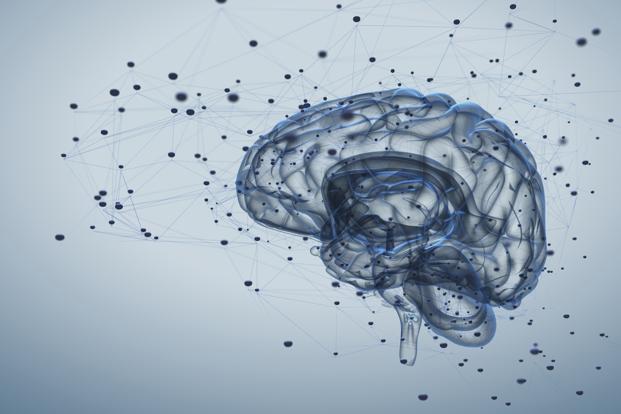What is Epilepsy Surgery? Who can have Epilepsy Surgery?
Apr 19, 2022
What Is Epilepsy Surgery?
Epilepsy surgery is a procedure that removes an area of your brain where your seizures originate. Epilepsy surgery works best for people who have seizures that always originate in the same place in their brains. In many cases, epilepsy surgery can reduce, and sometimes even eliminate your seizure activity. Epileptic seizures that happen repeatedly can cause broken bones or other injuries from falling during a seizure, drowning, if the seizure occurs during a bath or swimming, brain damage from prolonged seizures or sudden death which is a rare complicating of epilepsy.

When surgery is considered for Treating Epilepsy:
- Despite trying a number of medications some people still don’t get good seizure control. There are now other treatment options available to help manage epilepsy and seizures.
- One of these options is surgery.
- Sometimes epilepsy is caused by a small area of abnormal brain tissue. The abnormal tissue may be a result of some form of head injury, brain infection, or abnormal development – which can later turn into scar tissue and become the focus of seizures.
- Many people can benefit from surgery – the goal being to stop or significantly reduce seizures without causing any neurological deficits or problems. Surgery is not usually done unless it is likely the person will gain significant benefits.
- Seizures start in one area of the brain: Every patient’s seizures are unique. Surgery for this type of seizure has the highest rate of cure. Conversely, if the seizures come from multiple areas of the brain, or if the risk to brain function is too high, the surgical options may be more limited.
- Epilepsy surgery may be considered when seizures are not responding to medication. In general, people with resistant partial seizures are more likely candidates for epilepsy surgery than people who have generalized seizures. If the seizures are found to arise only from a single small part of the brain then this part may be removed to control epilepsy.
However, anyone who is being considered for epilepsy surgery will have to undergo extensive investigations including EEG Video Telemetry, brain scans and special psychological tests before the surgery is performed.









